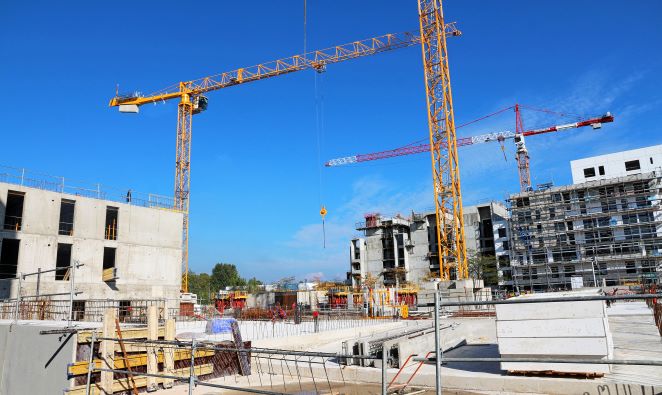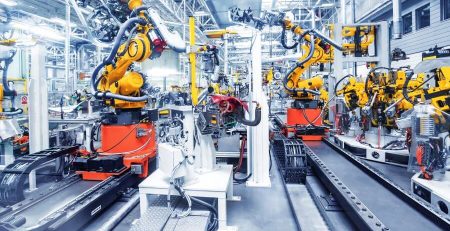The Biggest Challenges Facing Construction Firms This Summer
We don’t need to tell you that it’s been a challenging eighteen months regardless of what business you work in. The pandemic had a brutal impact on the marketplace and even now, as Great Britain starts to roll back its restrictions on a large scale, we are still seeing signs that it’s not over yet. From furloughs and redundancies to closures and lockdowns, we have all been through so much and it seems somewhat cruel to point out that Coronavirus is not the only thing that businesses need to be worried about this summer. For construction firms, some of these challenges will be the same as the ones facing everyone else, and some of them will be unique.
However, there is one thing that we all know and that is if we stop moving forward, we stop moving completely. We need to anticipate these challenges and think about how we can meet them head-on. Or avoid them, if at all possible. Here are some of the major challenges facing construction firms this summer and beyond, and a few ideas for how you can avoid as much disruption to your business as you can.
The Pandemic Is Not Over
Let’s start with the big one, shall we? We are sure that it won’t have escaped your attention that Boris Johnson has gone full steam ahead with his plan to remove Coronavirus restrictions in England. As nice as it is to greet the summer with open arms and a renewed sense of optimism, it would be foolish to assume that the virus has gone away. Cases are skyrocketing nationwide, hospitalisations will go up, and anyone planning to undertake a lengthy contract needs to be aware of the fact that things can change very quickly. We have already seen that a lot of businesses (not to mention public transport) have been hit by the number of people being pinged to self-isolate by the NHS COVID app. Construction firms need to be aware of this risk too.
So, how can you avoid it? Well, there’s no way around this one but the best approach is definitely to stay as flexible as you can. Factor in potential delays when you are thinking about costs and scheduling. Be upfront with clients about the fact that the pandemic is out of your control and if government guidelines change, you won’t always have a say in how quickly your work goes.
There Is A Growing Shortage Of Staff
Over the last couple of months, we have seen an increasing number of reports of a shortage of essential workers. It has been seen in hospitality, in healthcare and it has also been seen with HGV drivers. There have been a number of different potential causes for this banded about. The pandemic has been blamed on the number of new qualified drivers, as the DSVA (the organisation that conducts the tests for new drivers) was closed for big chunks of that period of time. With reports of long waiting lists, many budding drivers have taken different career paths.
But there is absolutely a demand for HGV drivers. One of the biggest reasons why there are not enough drivers out there is Brexit. Many of the drivers based in the UK were EU citizens. As the complications and confusion surrounding work visas and citizenship continued throughout the pandemic, many of these men and women returned home, leaving a massive gap in the workforce that has not been filled. So, if you know people who are in need of drivers, point them in the direction of HGV training. The LGV Training Company offers LGV and HGV training with over 65 centres nationwide.
A Shortage Of Materials
But it’s not just HGV drivers who are in short supply. According to recent reports, construction firms are facing real shortages in supplies and there are signs that this will continue well into the second half of the year. Everything from bagged cement to roof tiles are currently in short supply but demand has not slowed down. There is usually some reduction in demand for construction materials during the summer but that has not been the case this year.
Once again, Brexit is one of the biggest causes for the shortages. Leaving aside the issue of increased rates for exports, because there are fewer drivers bringing these supplies in, there simply isn’t enough to meet demand. Meanwhile, massive shipping delays in China have meant that electrical products used in construction have not been getting to the UK as quickly as they are being requested. There may be an end to these issues at some point in the not-too-distant future, but in the meantime, this means that prices are set to rise and continue rising. As we mentioned above, one of the best ways you can account for this issue to be as flexible as you can, look for locally sourced alternatives where possible, and be upfront with your client about the increased costs.








